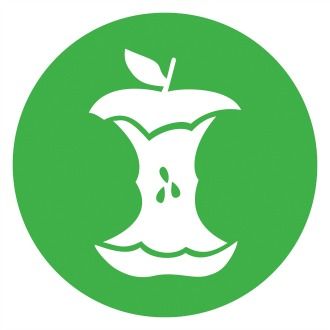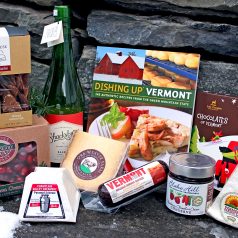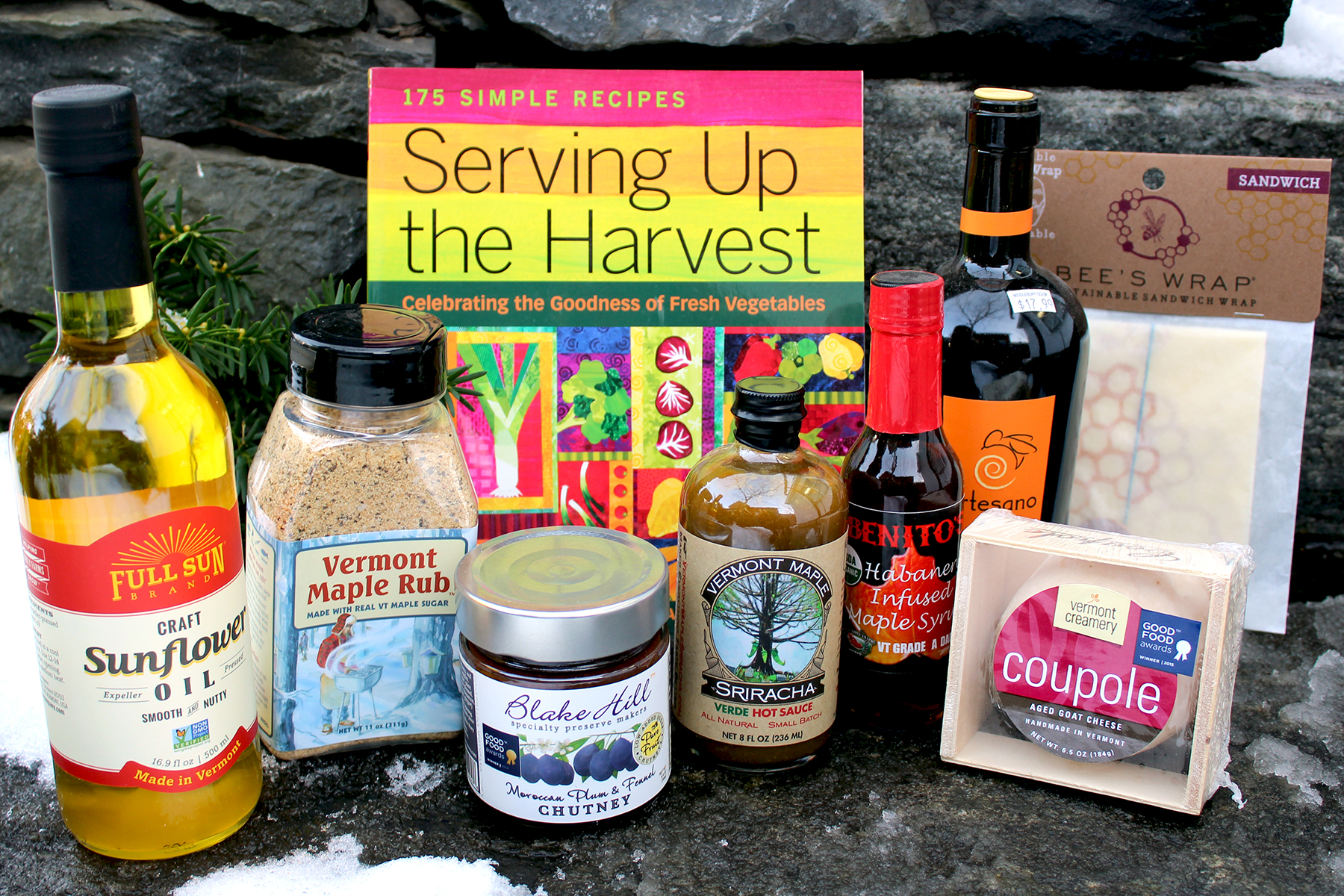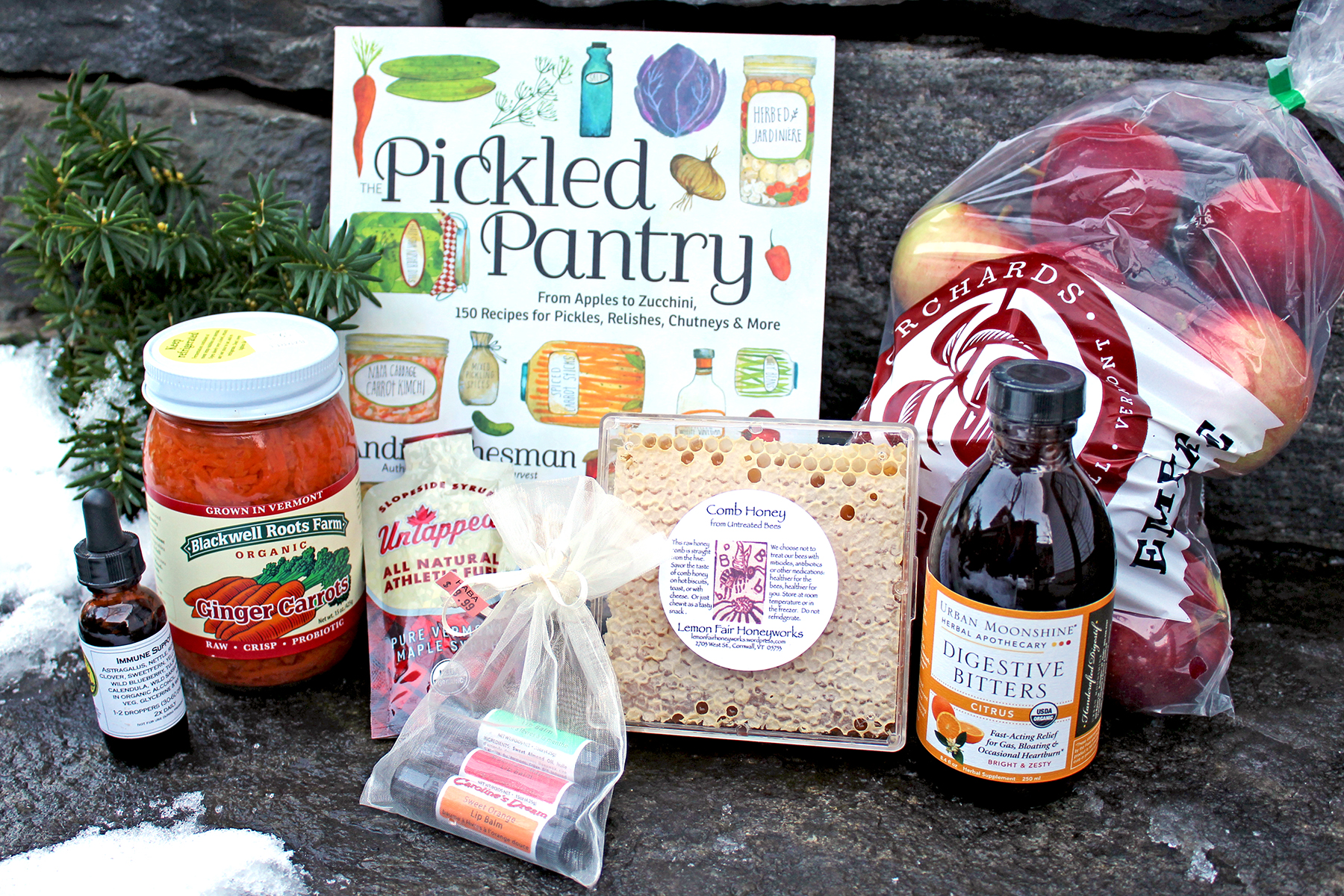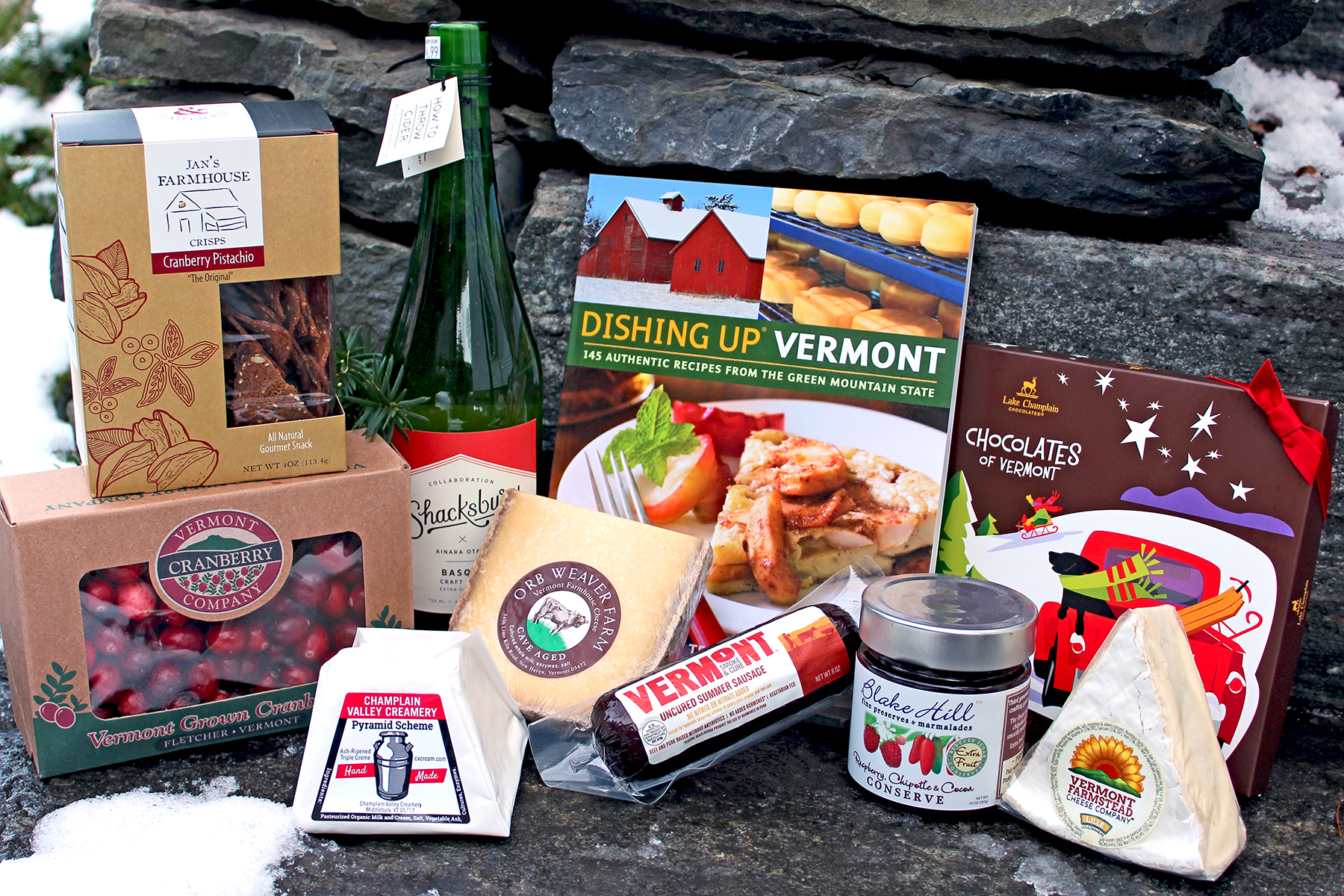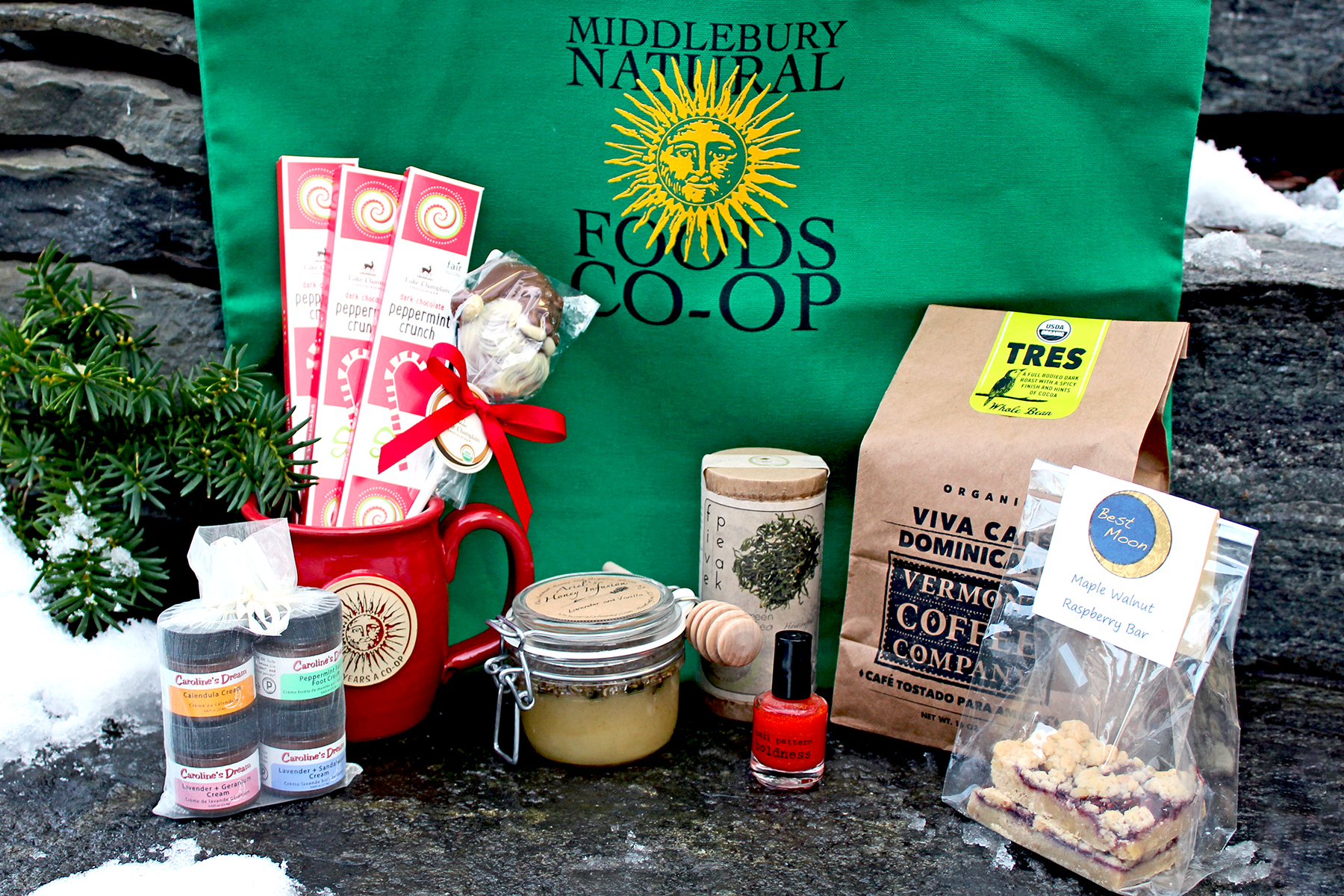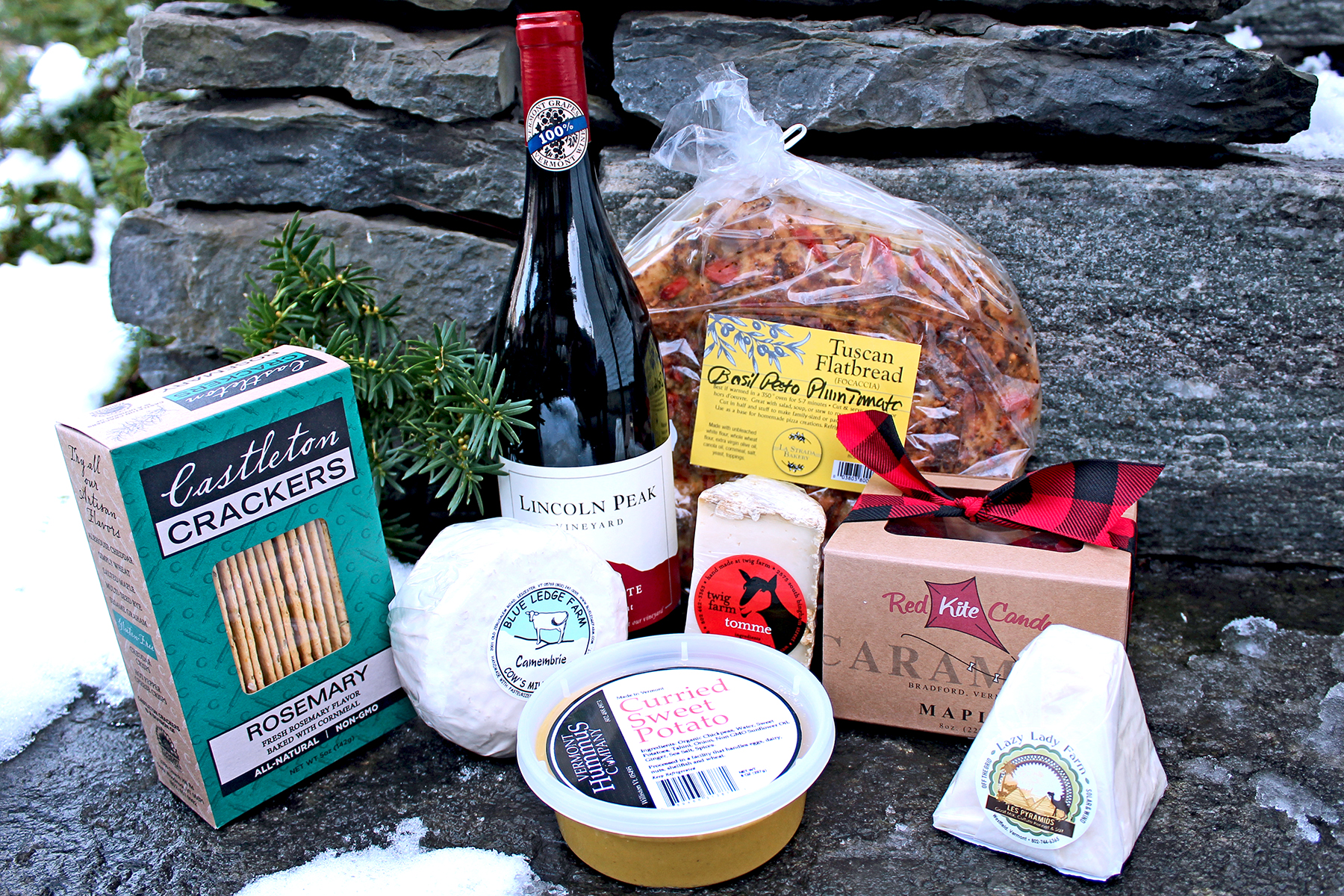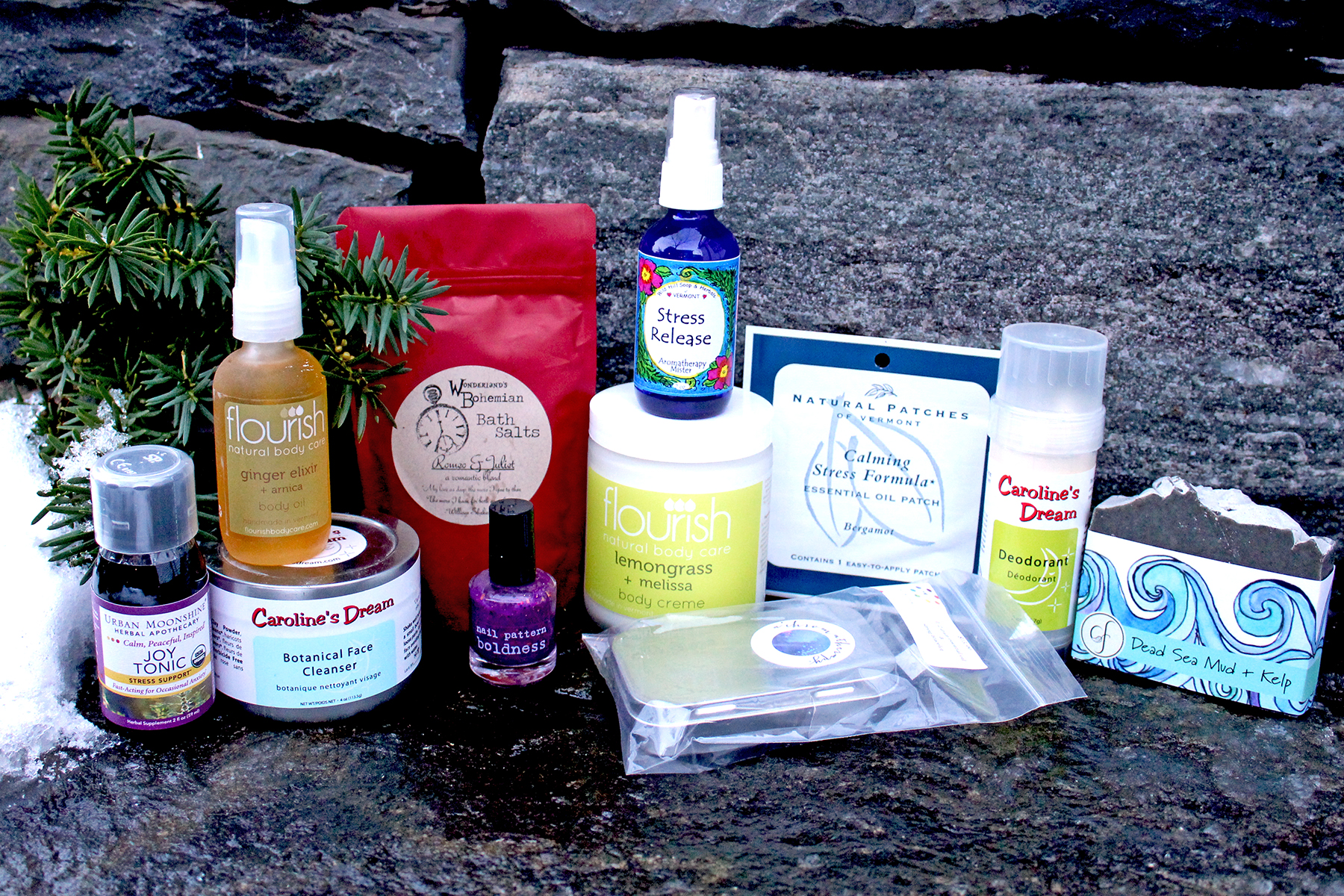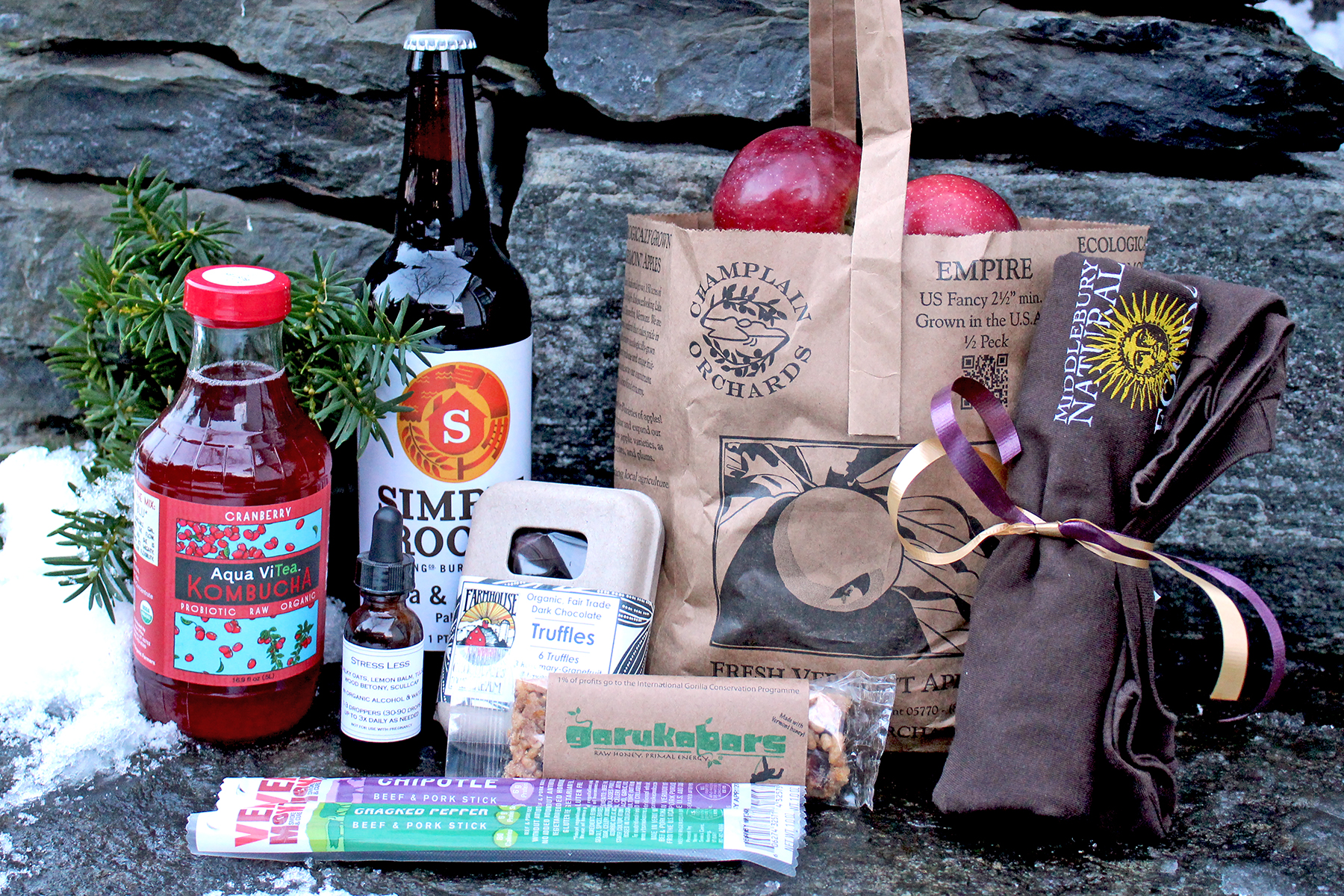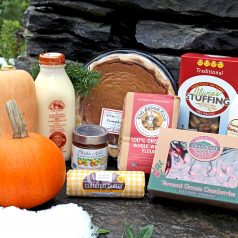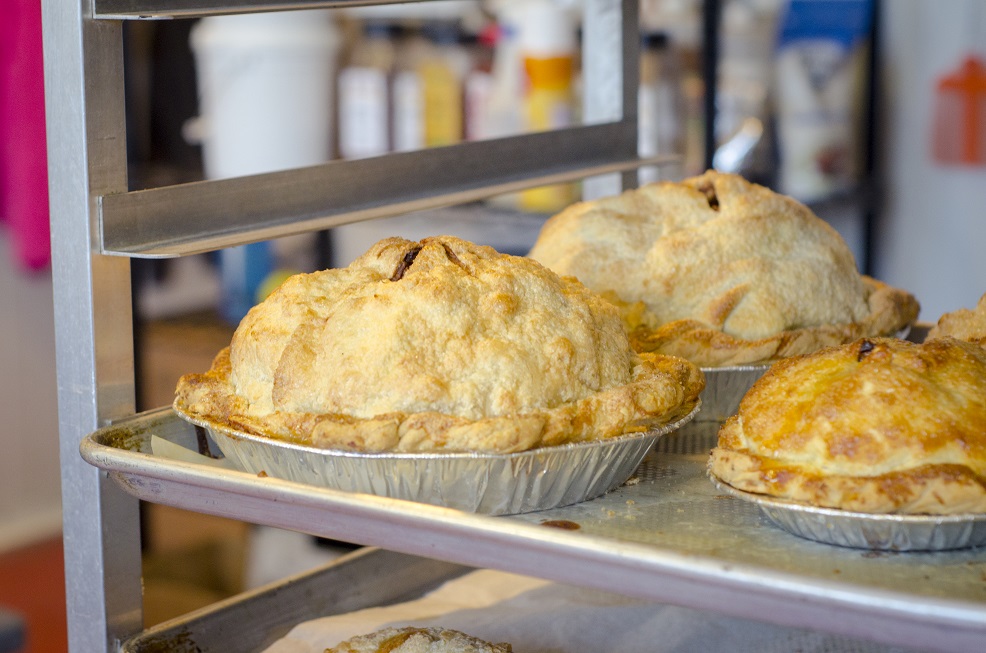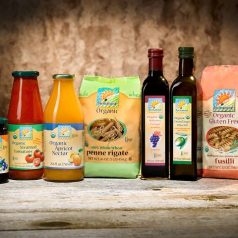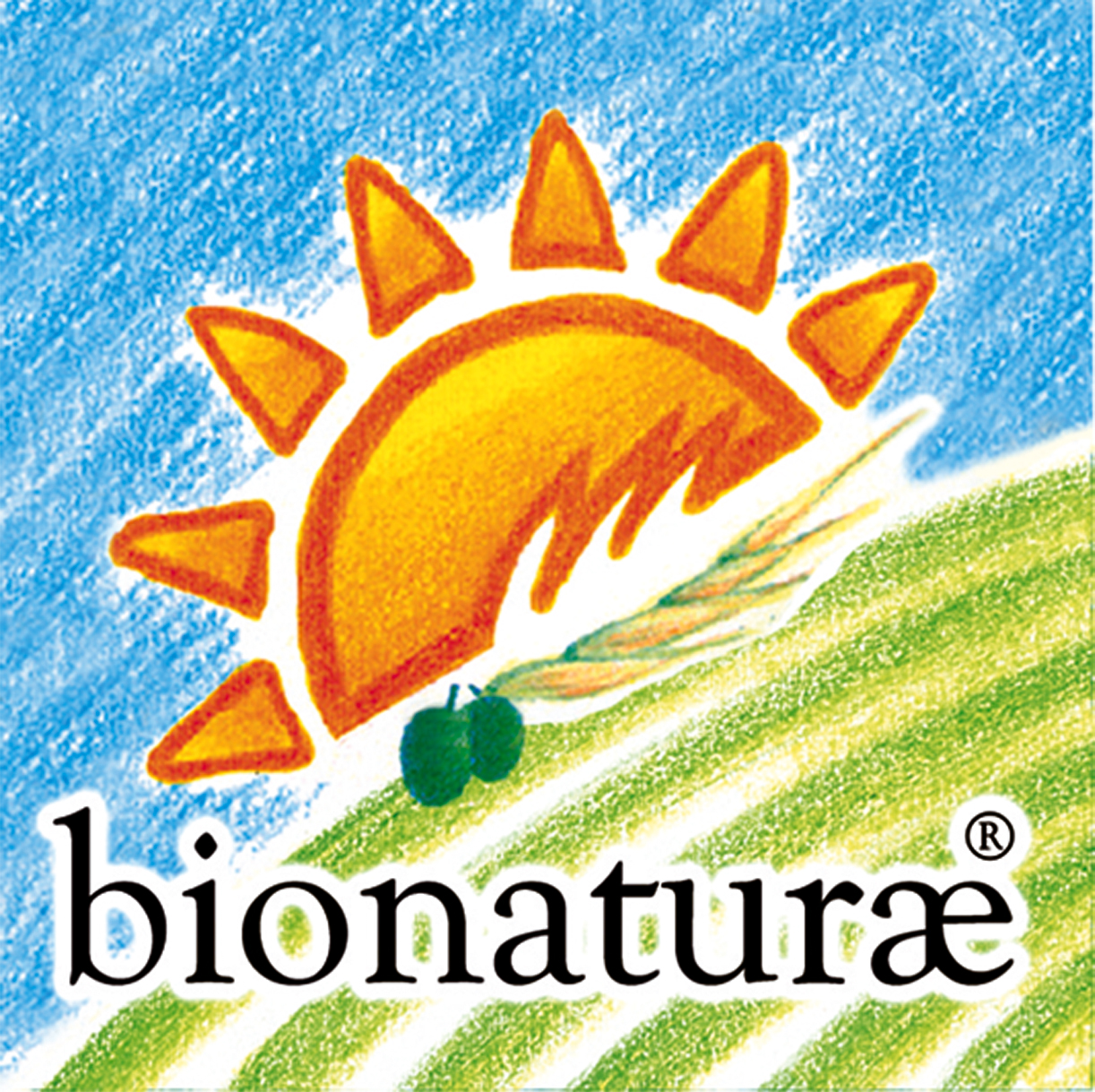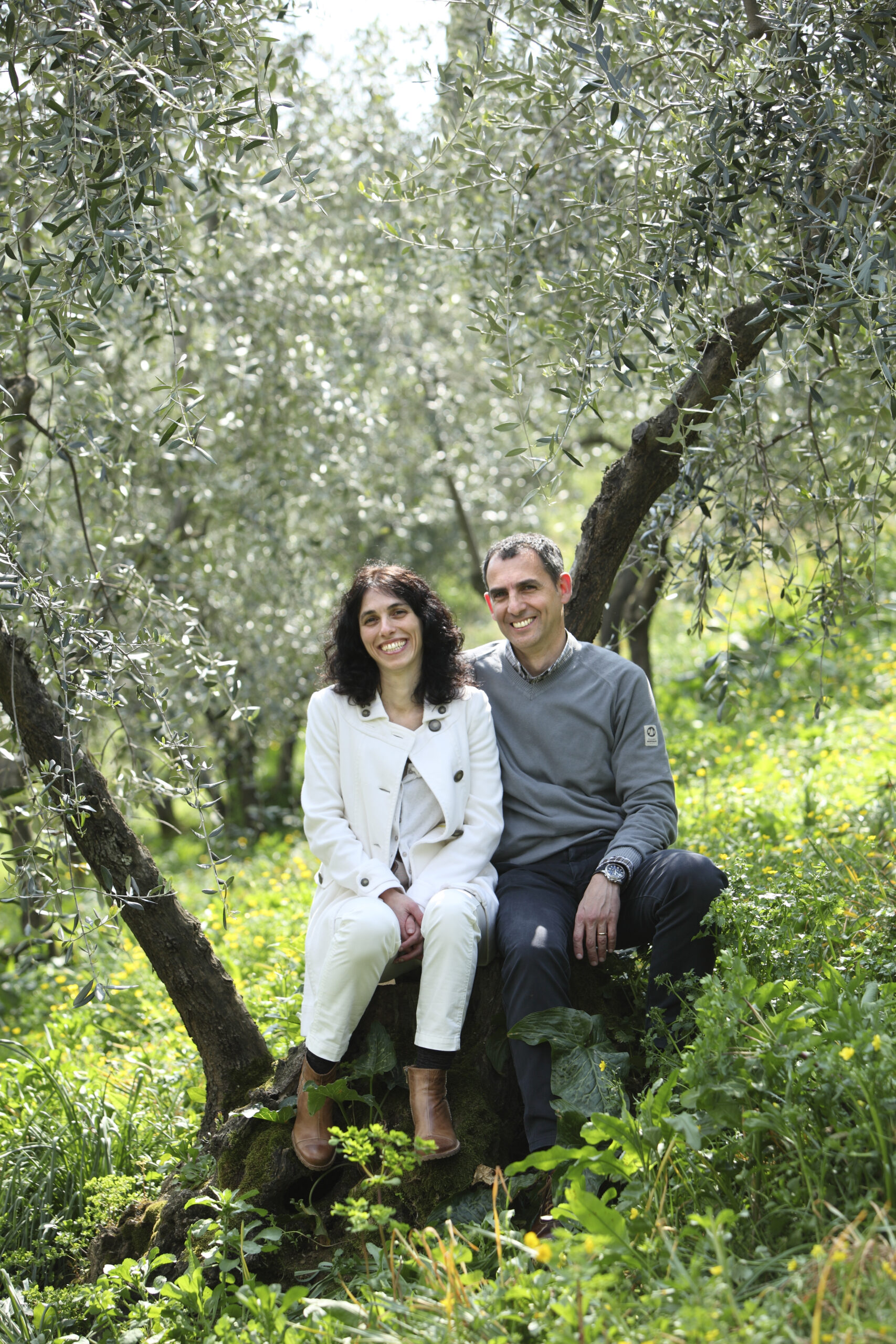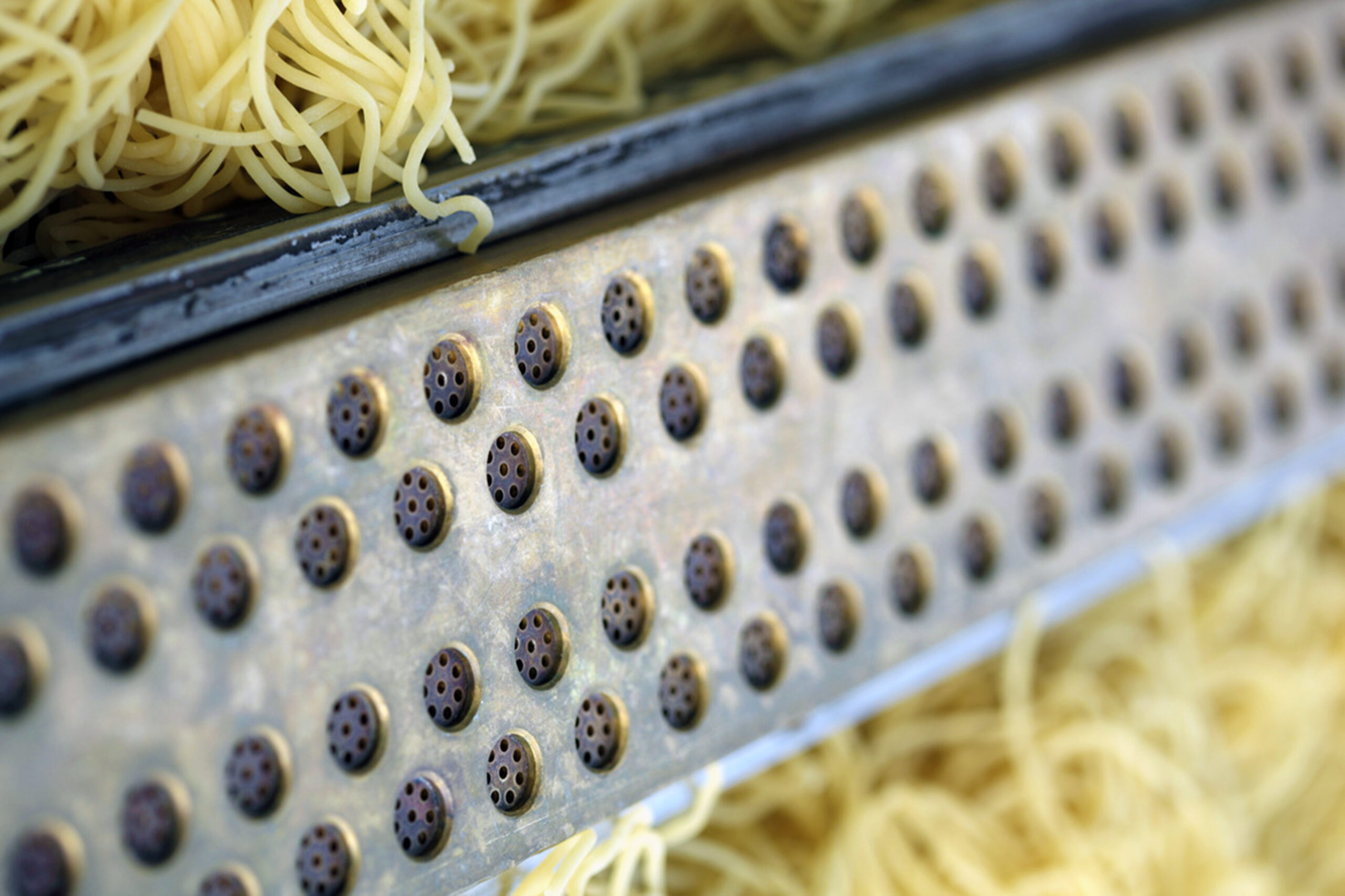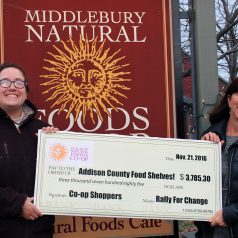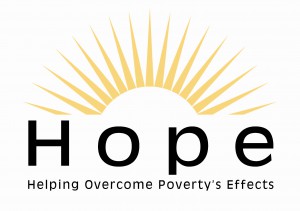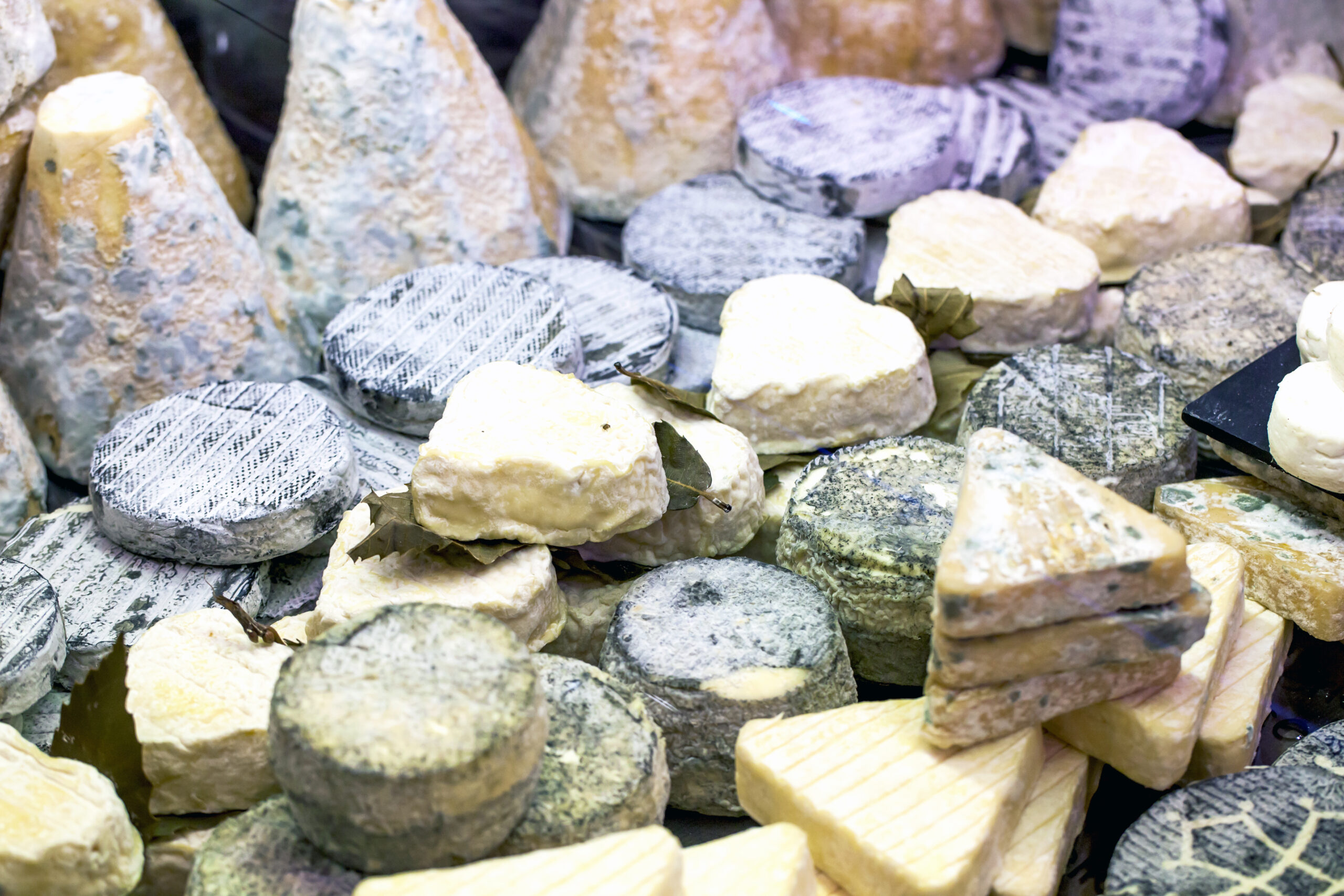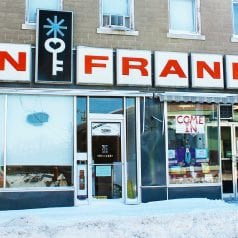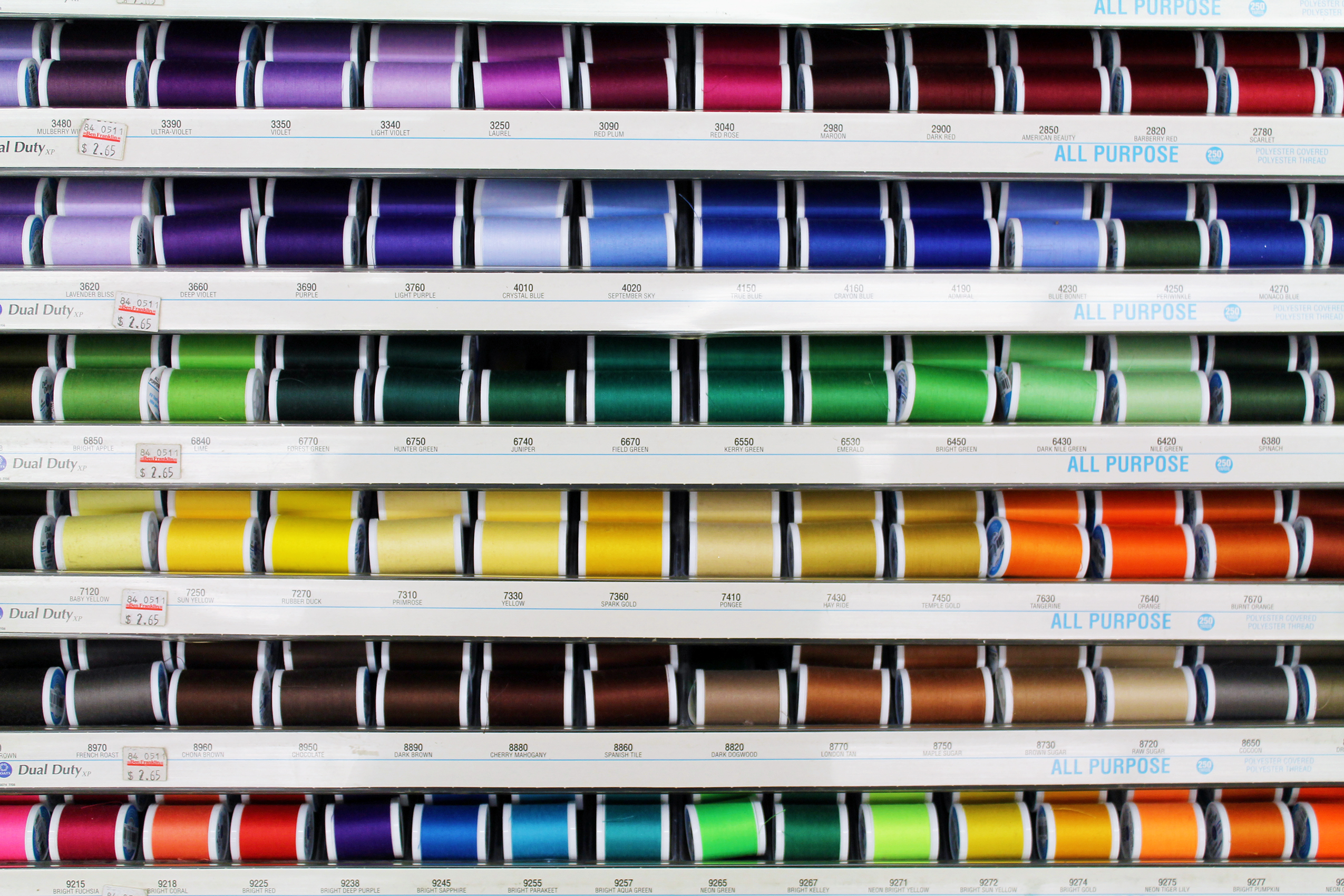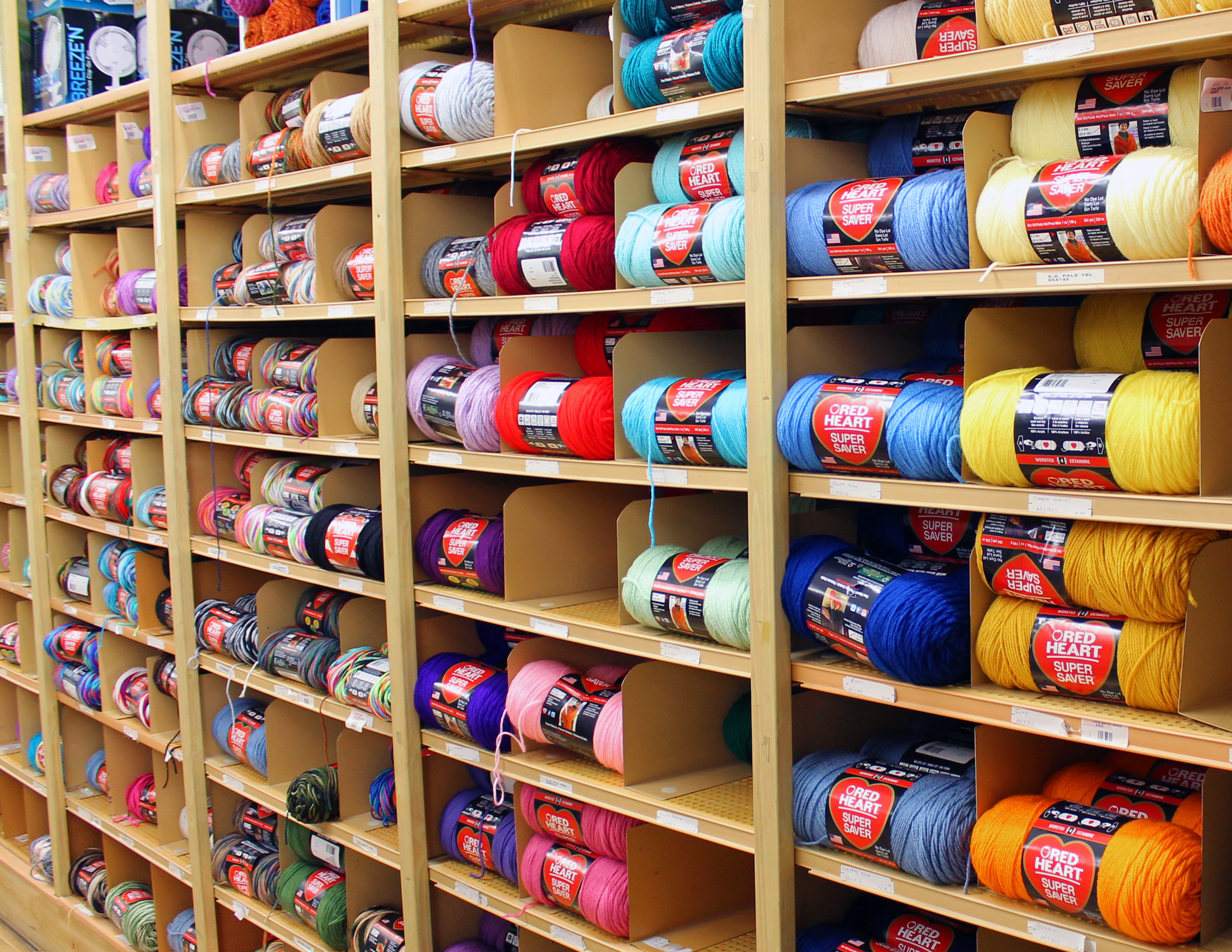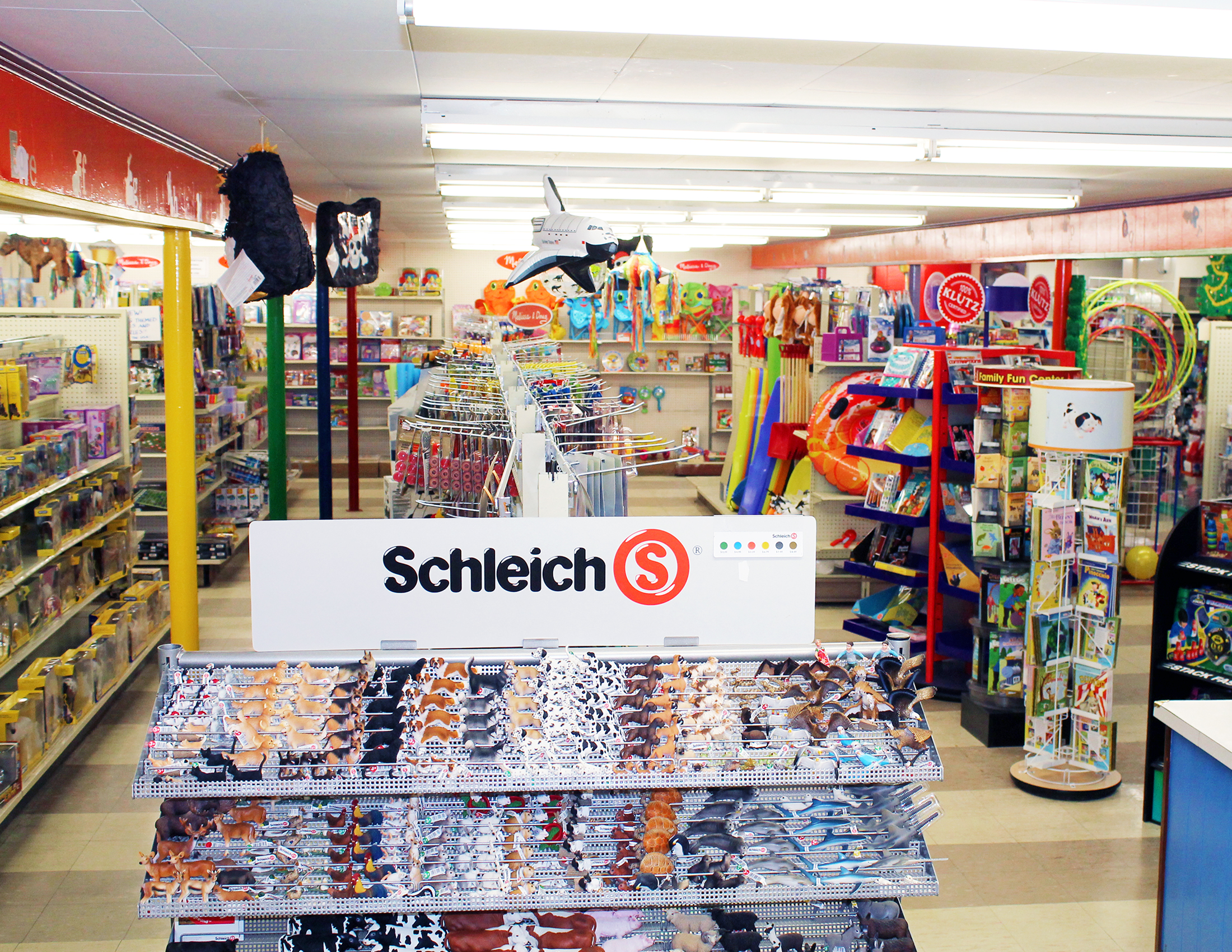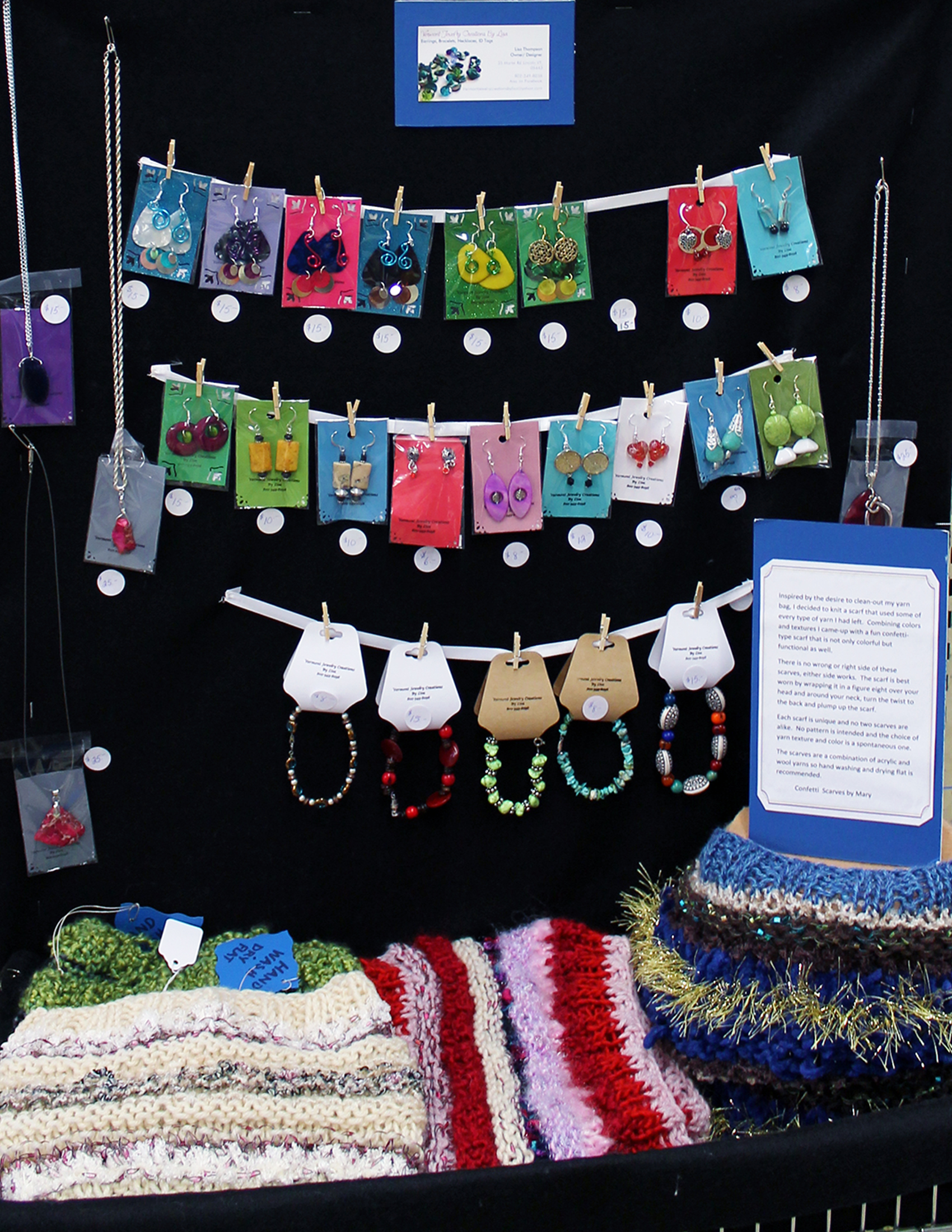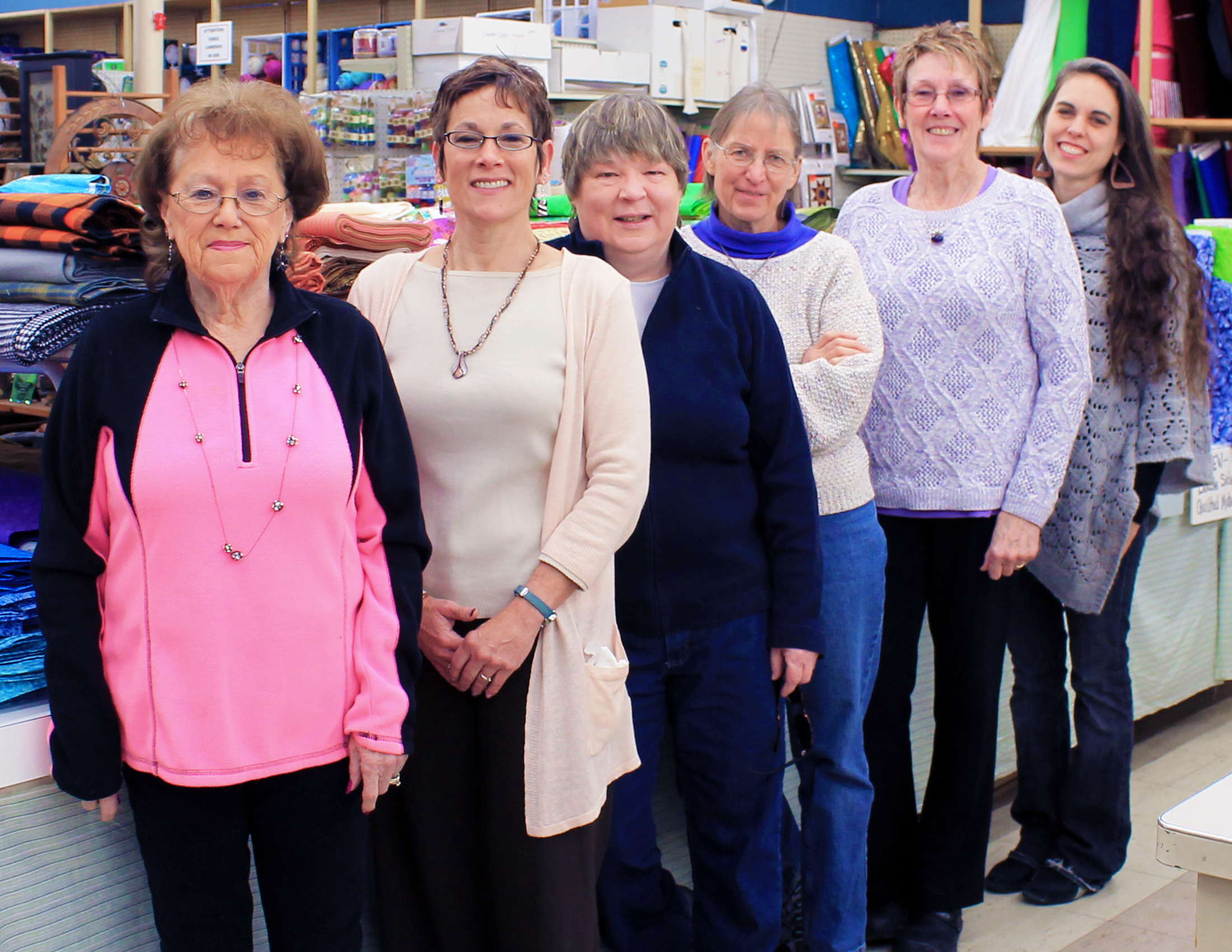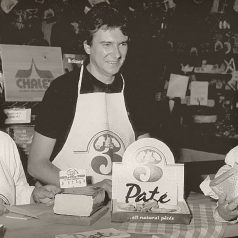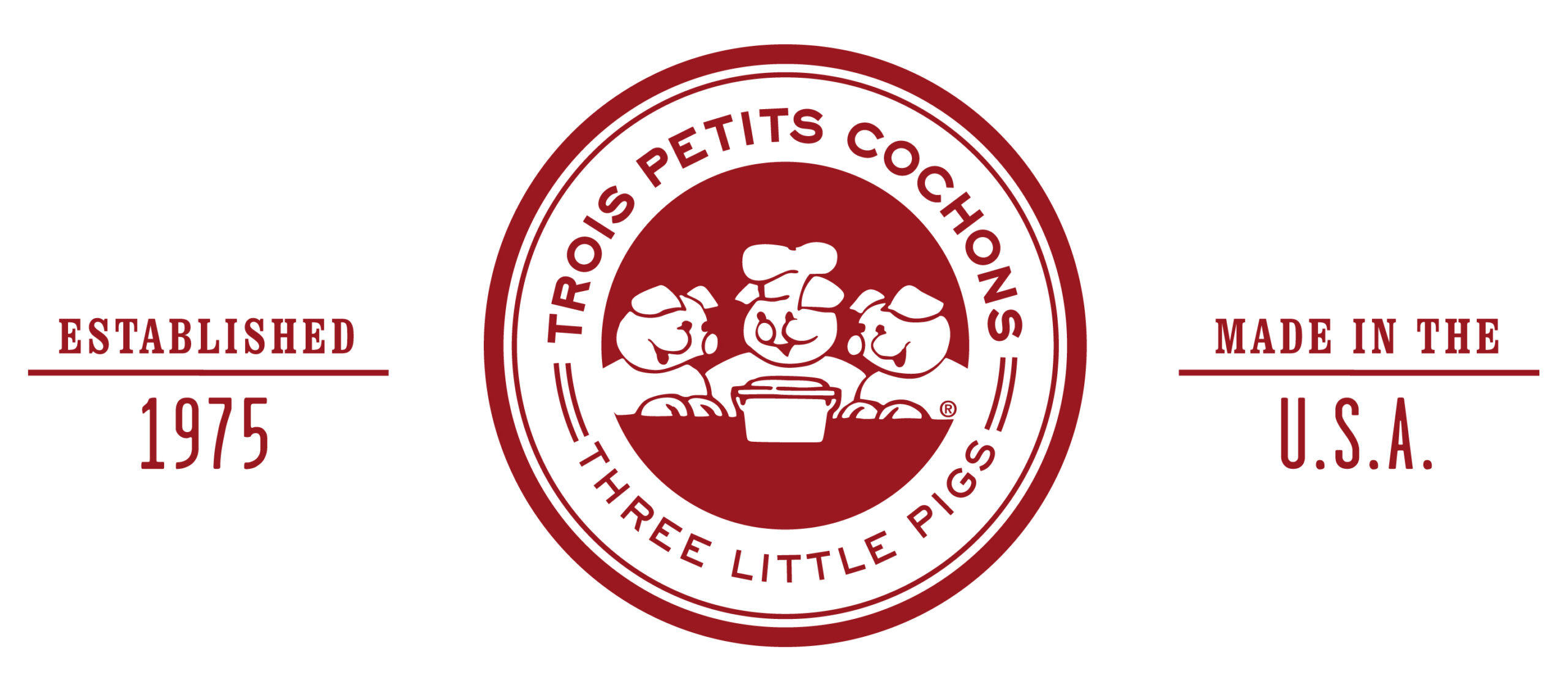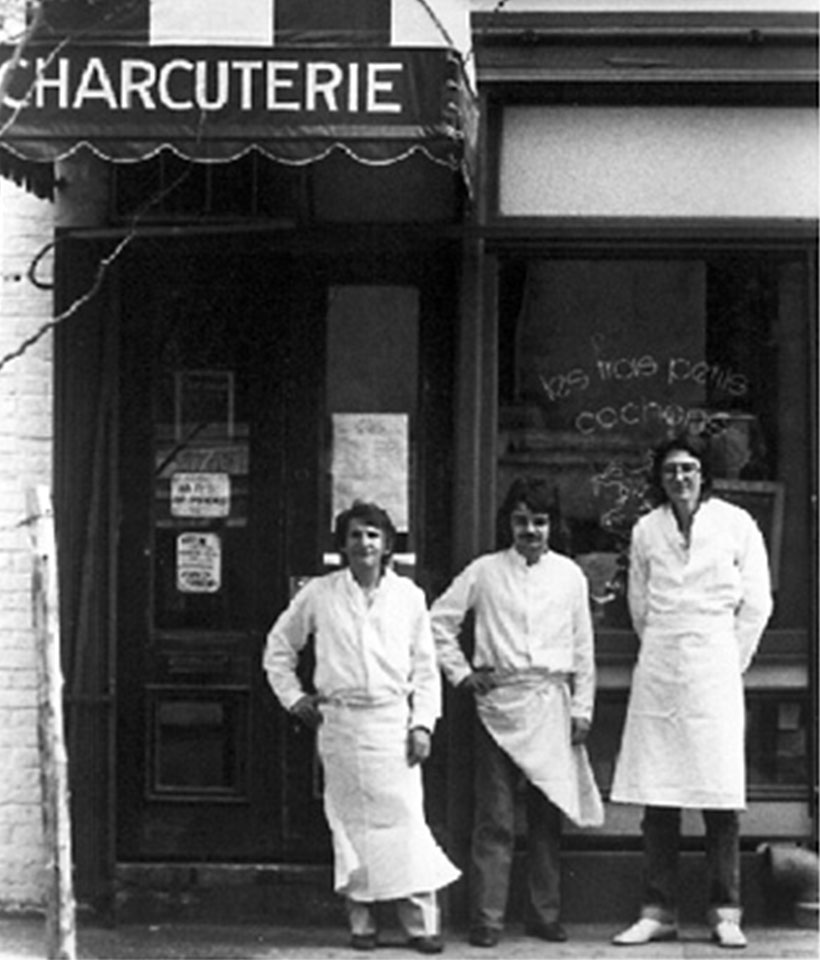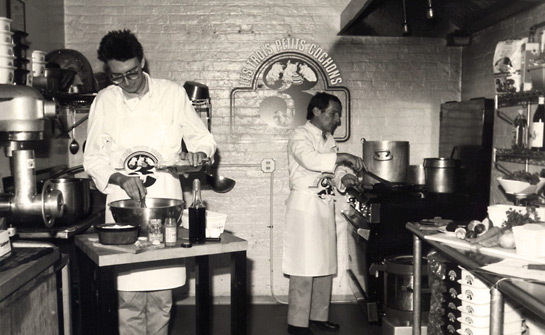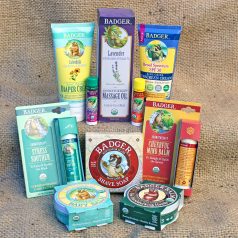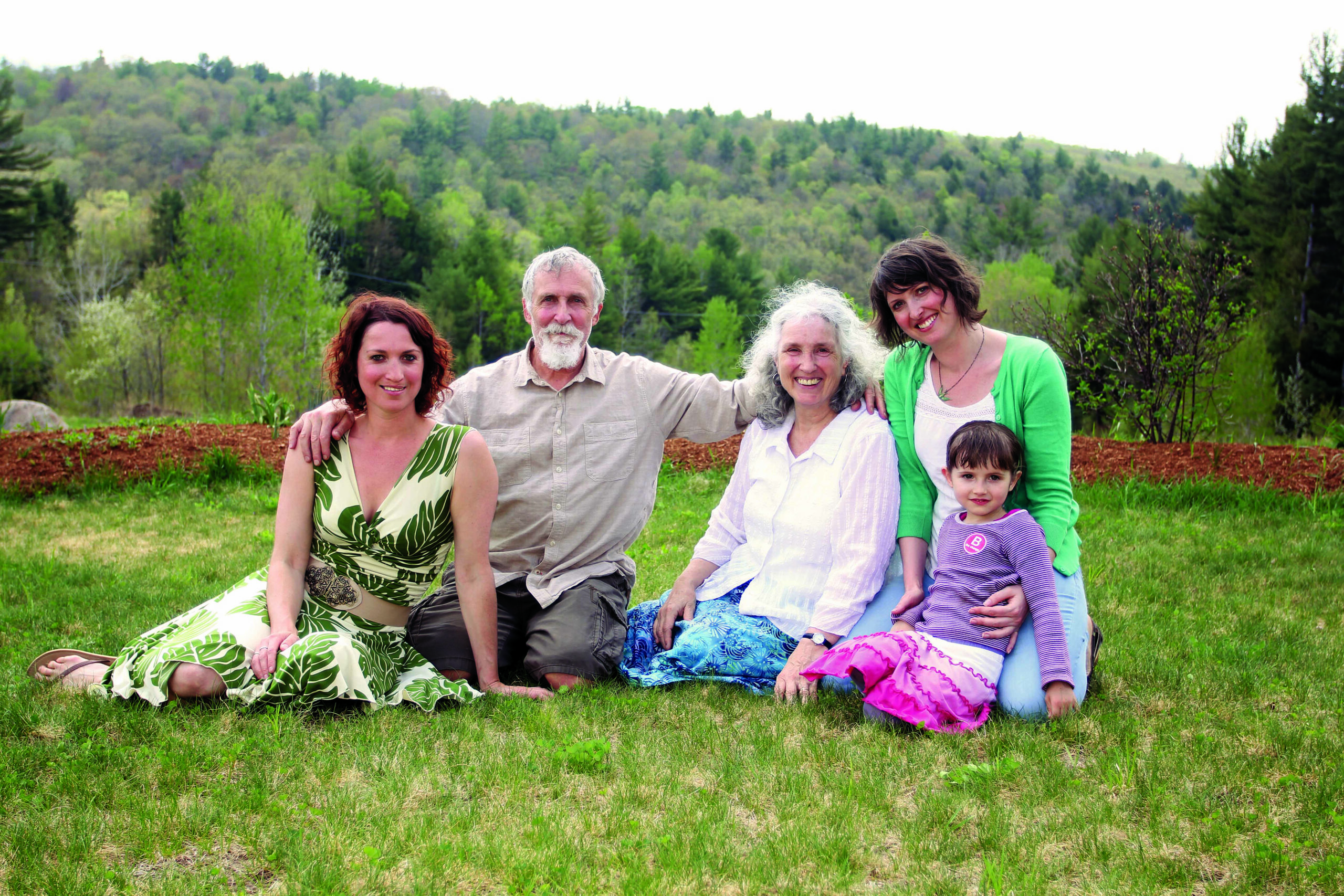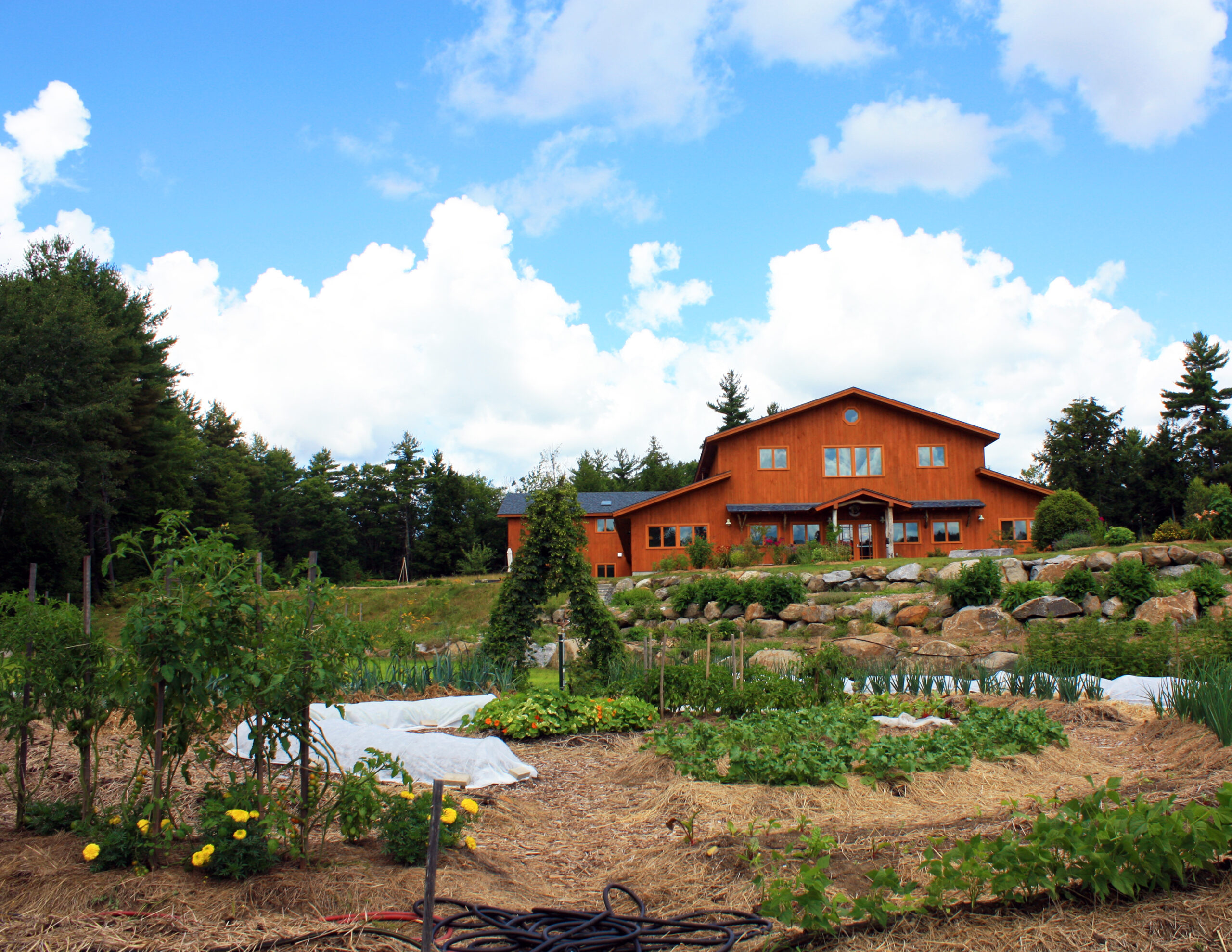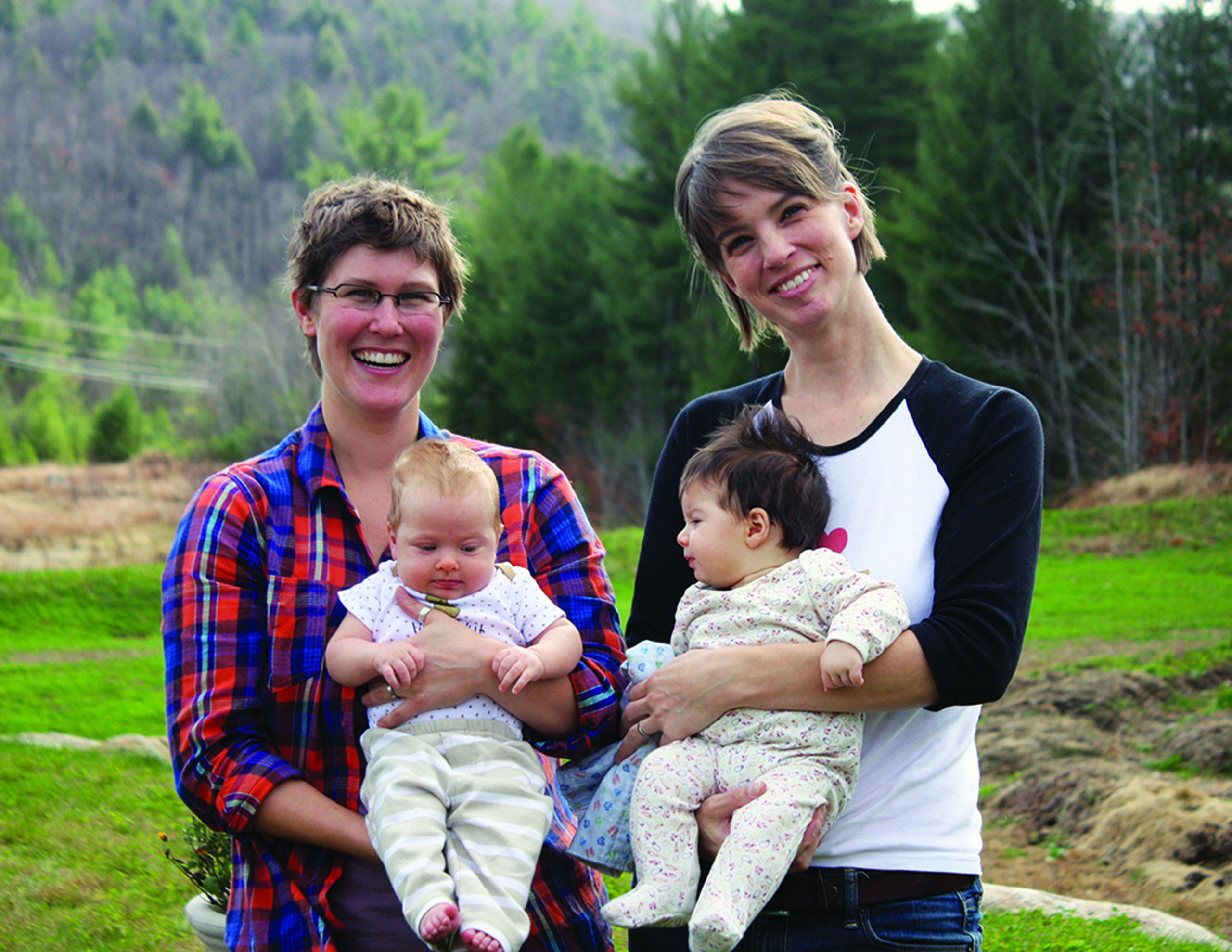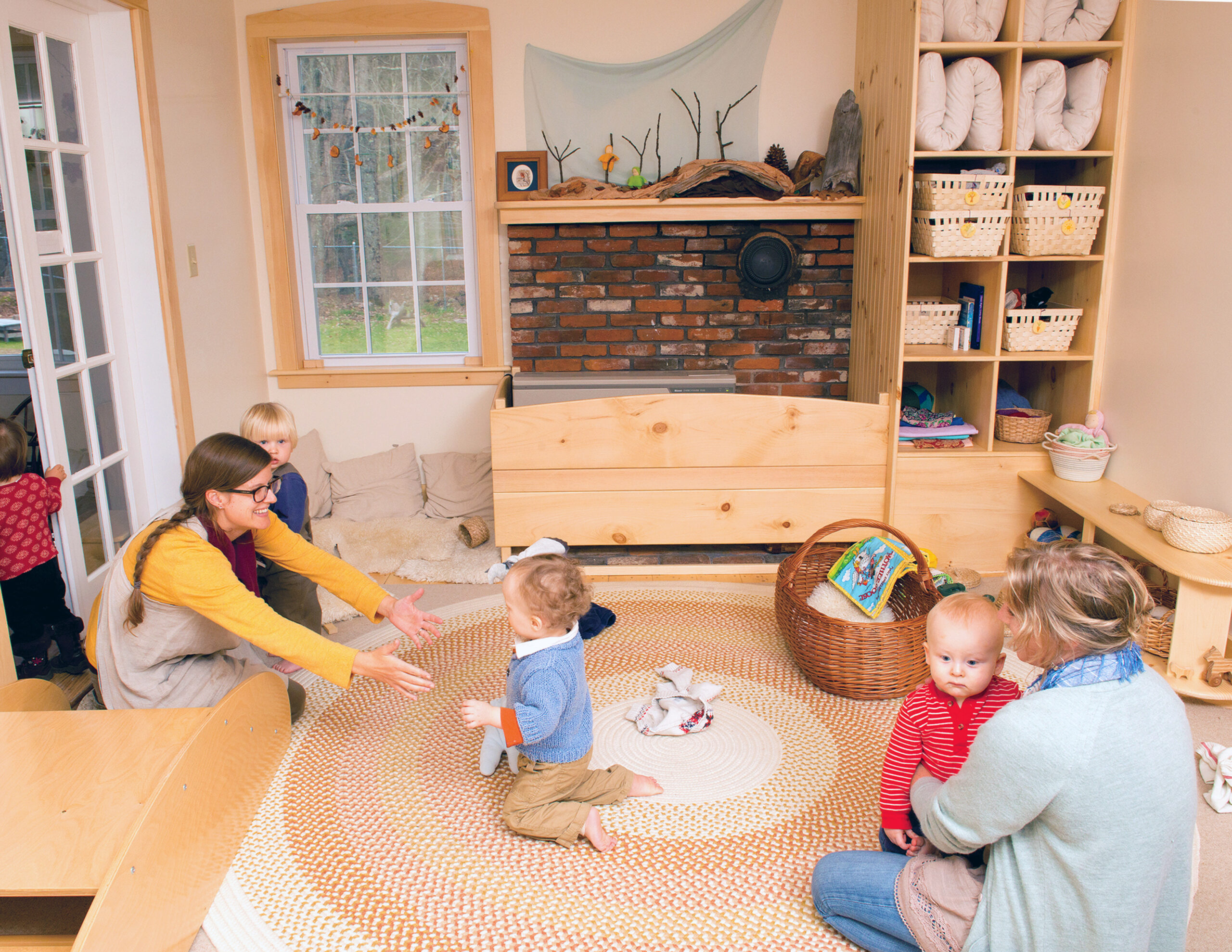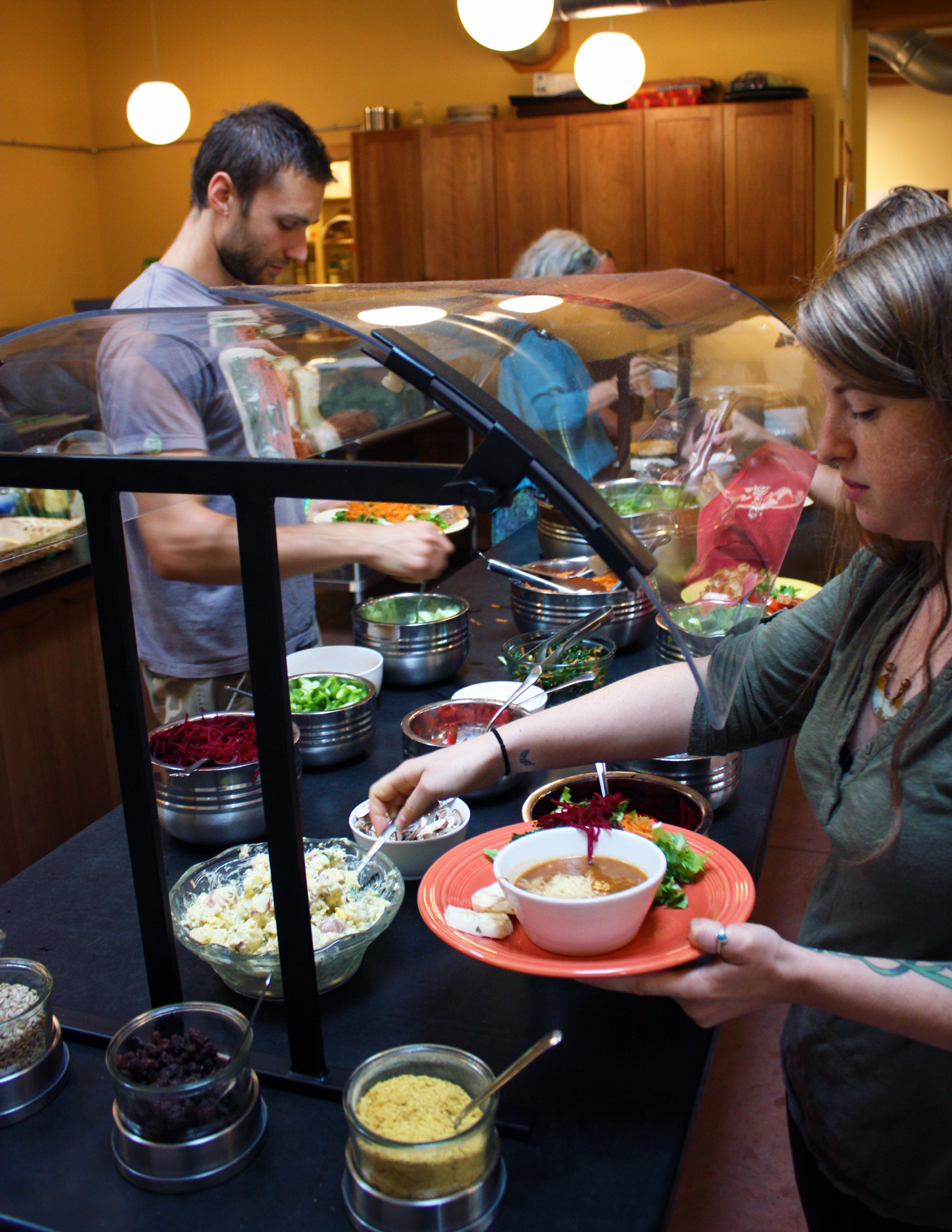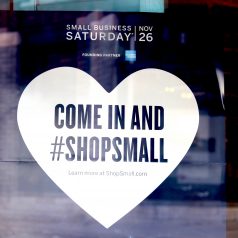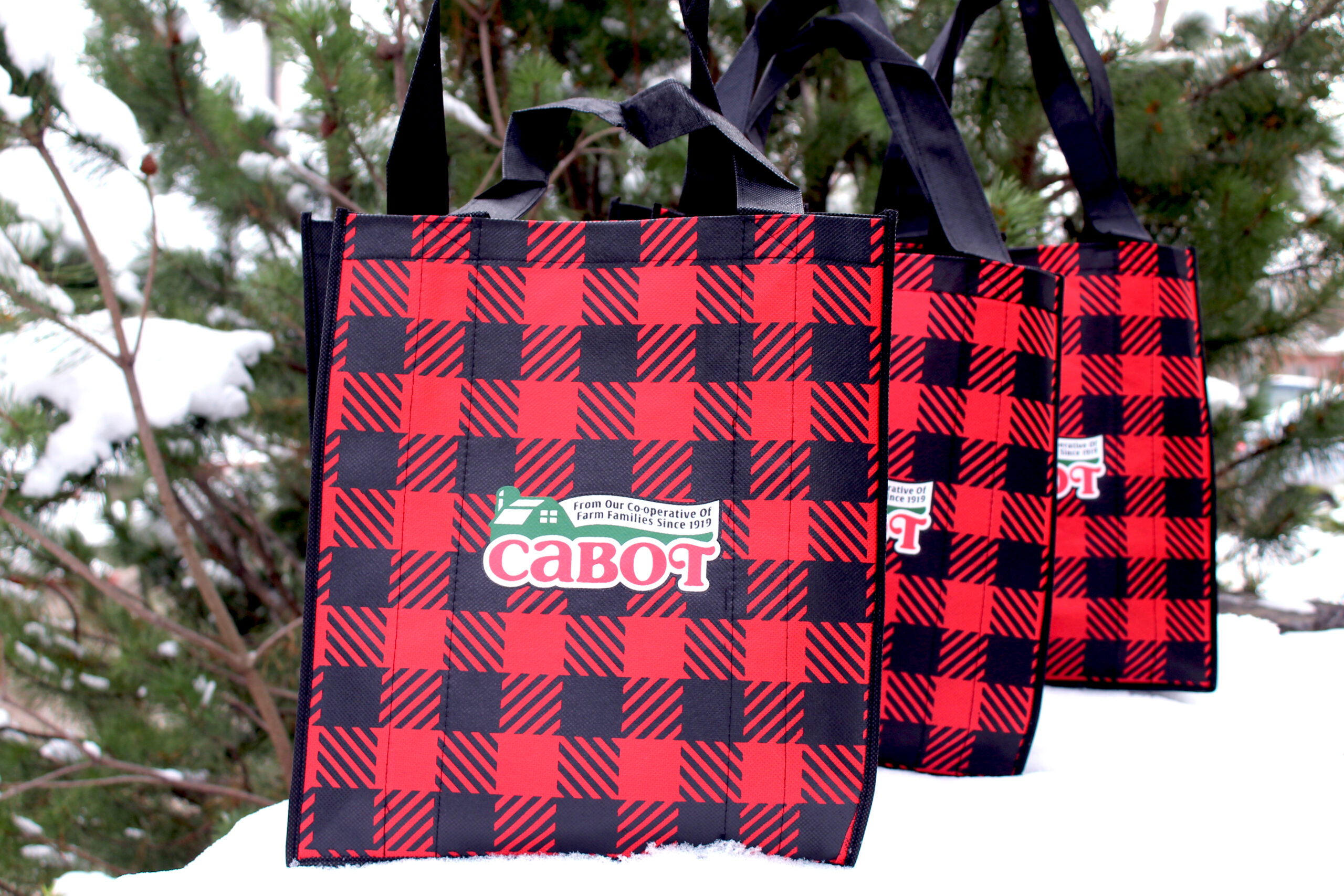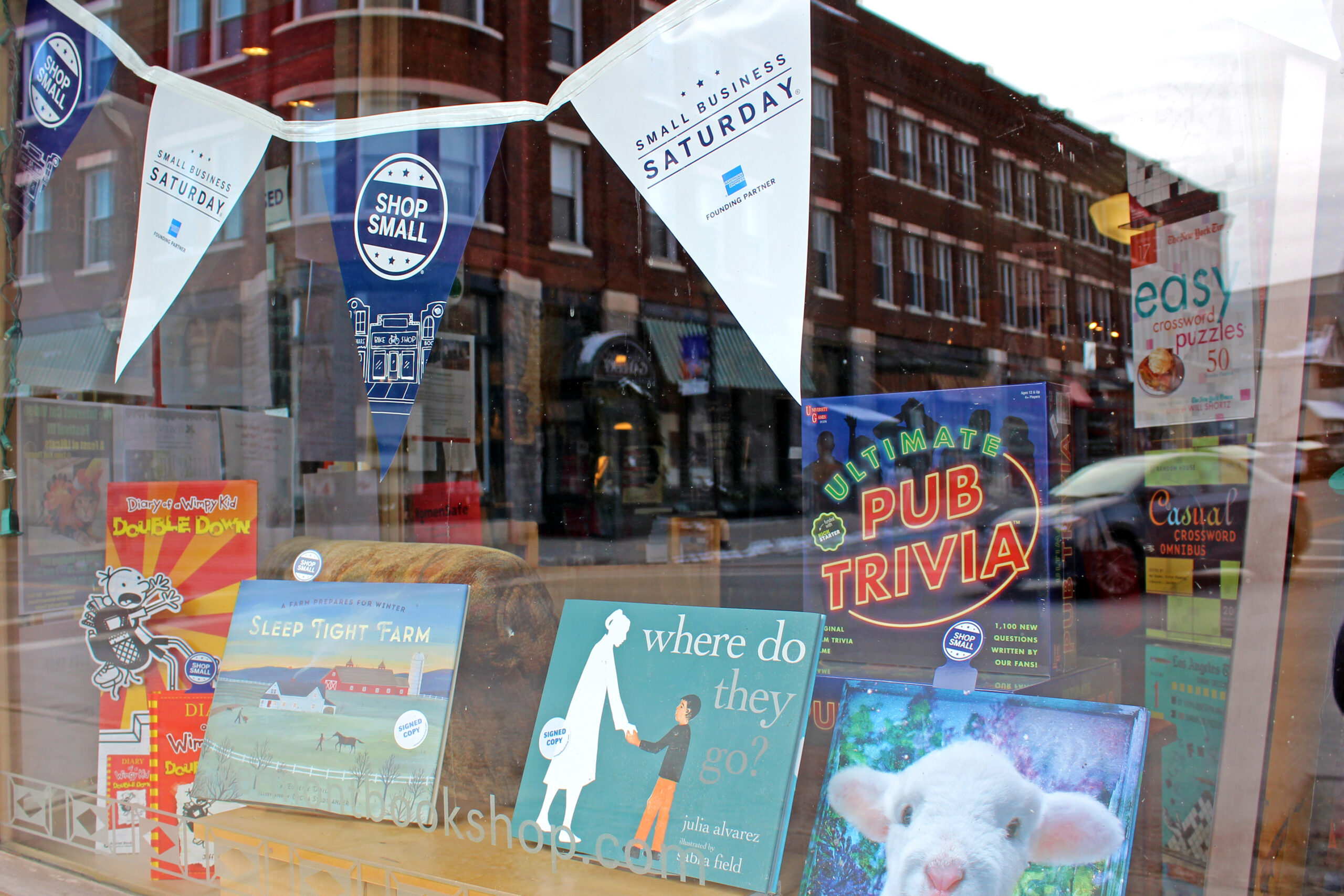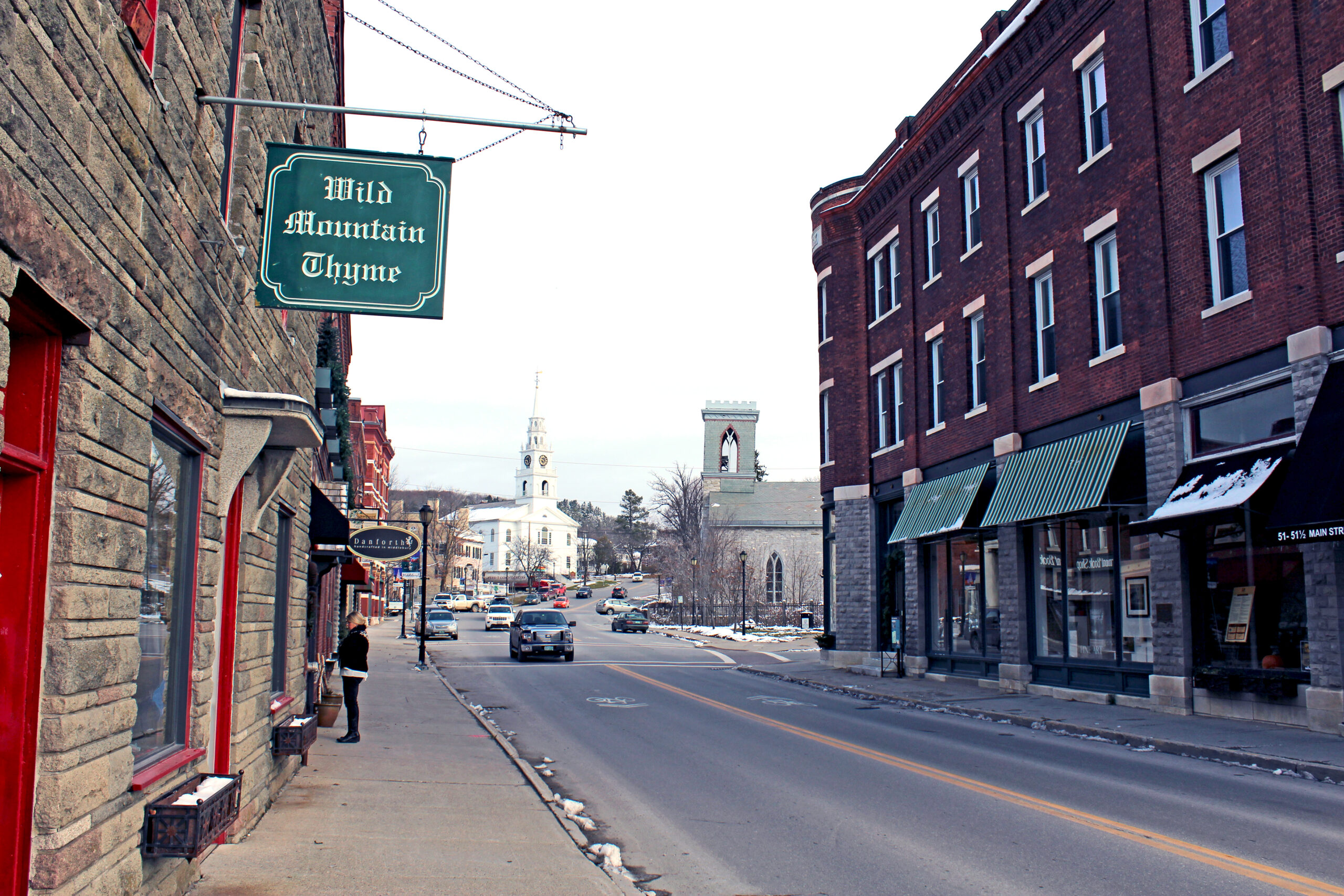
Taking a Bite Out of Food Waste
Act 148, the Universal Recycling Law, marks the most significant change to Vermont’s solid waste system in recent history. This law includes a focus on reducing food waste, with the goal of all Vermont businesses, organizations, and citizens eliminating food from the waste stream by 2020. The program is being phased in gradually and is already experiencing impressive results, diverting 800 tons of food from Vermont’s landfills last year, representing a 40% increase in food rescue over the previous year! The impressive success of Vermont’s new law has garnered attention from the EPA and interest from neighboring states looking to enact similar legislation.
Why is the law needed?
Voluntary waste diversion rates in Vermont have stagnated over the past ten years and a significant portion of the current waste stream is comprised of items that could otherwise be recycled, diverted, and put to better use. Landfill space in Vermont is limited and one of the two major landfills in our state is nearing its capacity. If all recoverable materials were recycled, composted, or rescued, Vermont could cut its landfill waste by more than half!
Recyclable materials, food scraps, and leaf & yard debris are all valuable resources that should not be thrown away. When they are landfilled, these materials contribute significantly to climate change by producing greenhouse gas emissions. If food loss and waste were its own country, it would be the world’s third-largest emitter of greenhouse gases—surpassed only by China and the United States! Food loss and waste generates more than four times the annual greenhouse gas emissions of aviation and is comparable to emissions from road transport. Aside from greenhouse gas emissions from the decomposing food waste, itself, one must consider the wastes of water and resources that it took to produce that food. The later a food product is lost along the chain, the greater the environmental consequences due to the environmental costs incurred during processing, transport, storage and cooking.
This law is also needed to help combat food insecurity. According to a 2012-2014 consensus, 13% of all Vermont households are food insecure. This figure includes more than 20,000 Vermont children. Of the estimated 133 billion pounds of food that goes to waste every year, much of it is perfectly edible and nutritious. When one considers that over 40% of all food produced eventually finds its way to the landfill, it becomes clear that we don’t necessarily have a food availability problem, we have a food equity problem. One way to mitigate food insecurity at the community level is through food rescue, which redirects surplus food from the waste stream to people in need of food.
What exactly does the Universal Recycling Law do?
Act 148 aims to improve the capture and diversion rates for food scraps, recyclables, and leaf & yard debris. Here is the summary of how the law will work:
- Imposes a ban on disposal of certain solid waste from landfills including recyclables by July of 2015, leaf and yard debris by July of 2016, and food scraps by 2020. The diversion of food scraps will take place in phases, beginning with the largest food scrap generators (those producing more than 104 tons/year) in 2014 and working toward implementation at the household level by 2020. Click here for specifics on the timeline.
- Requires parallel collection at facilities and at curbside. This means that facility owners that offer trash collection must also offer collection of recyclables, leaf & year debris, and food scraps. Haulers must offer services for collecting and managing these items. The Vermont Agency of Natural Resources will oversee facility and hauler residential rate structures to ensure that rates are transparent to customers.
- Provides incentives to reduce waste by requiring municipalities to implement variable rate pricing (aka Pay As You Throw) for materials collected from residential customers based on volume or weight. Haulers are also required to utilize variable rate pricing structures in accordance with the specific ordinances and rules implemented by municipal entities (solid waste districts, towns, town groups, and alliances).
- Provides more recycling options by requiring access to recycling containers anywhere that trash cans are located (excluding bathrooms) in all public buildings and publically-owned land.
- Includes a food recovery hierarchy. This represents most interesting and exciting aspect of this new law. It helps us recognize that certain methods of food recovery are more impactful than others and encourages us to think about capturing and redistributing those nutrients in a way that best utilizes their value. Here’s what it looks like:
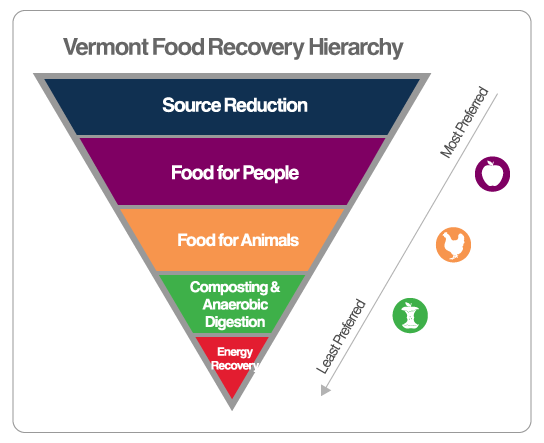
Of course, one could simply choose to place their food scraps in a bin for collection with their recyclables and pay for the service of having it collected. Or, one could choose to drop by the district transfer station, pick up a compost bin, and begin composting food scraps at home. But, the food recovery hierarchy encourages us to think up the pyramid by reducing food waste at its source or rescuing and redistributing food to the people and animals that need it.
Opportunities
Following the guidelines of the Universal Recycling Law and examining the Food Rescue Pyramid affords new opportunities to conserve resources, reduce greenhouse gas emissions, save money, and combat community food insecurity by redirecting unwanted food to those who need it most.
We can set new goals to reduce waste at the source by doing the following:
- Shop with a meal plan for the week that allows us to avoid over-purchasing and better utilize leftovers. Shop in your refrigerator first! Assess what you have on hand and build meals around those items that need to be used.
- Designate a prominent, visible place in your refrigerator for items that need to be consumed first.
- Choose to embrace inglorious fruits and veggies that have cosmetic flaws, but are otherwise completely delicious and nutritious.
- Store leftovers in clear containers, thus avoiding the out of sight, out of mind problem that leads to moldy, unidentifiable leftovers at the back of the fridge.
- Understand that “sell-by” or “use-by” dates often have little correlation to food safety. Even if the date expires during home storage, a product should be safe, wholesome, and delicious if handled properly. Let your senses be your guide. Foods can develop an off odor, flavor or appearance due to spoilage bacteria. If a food has developed such characteristics compost it. Otherwise, enjoy it!
- Take empty containers to gatherings to capture leftovers. Prepared food cannot be donated to food shelves, so the excess is often wastefully discarded. Bring a container to your next gathering and encourage others to do the same!
- Make “tops & tails broth” by collecting all the tops, tails, skins, and peels of the veggies you prep throughout the week. Toss them in a pot of water on a weekend day, along with any leftover meat bones and/or cheese rinds from the week. Simmer for an hour or two, then strain and compost the skins, peels, rinds, and bones. You’ll be left with a fantastic broth which can be turned into a fabulous meal or frozen for use another day.
- Have produce that’s past its prime? It may still be fine for cooking. Think soups, casseroles, stir-fries, sauces, baked goods, pancakes or smoothies.
Stale bread can be used to make croutons or processed into bread crumbs for a recipe. Stale cookies can be crushed and made into a delicious pie crust. - When produce, soups, bread, and similar items are reaching their prime, consider freezing them.
When you can’t eliminate food waste at the source, consider donating food to one of your two local food shelves, HOPE & CVOEO, or to a similar charitable organization. It’s a good idea to contact them first to be sure the items you wish to donate are items they are able to receive and distribute. Worried about liability? A Good Samaritan Law exists to help protect those who are contributing free food in good faith to charitable organizations.
If your excess food can’t go to the food shelf, consider the farmers in your area. Do you know anyone with chickens, pigs, or livestock? They might be thrilled to receive your glut of garden zucchini and your stale loaves of bread! Here at the Co-op, we donate all post-consumer food scraps to area farmers for use as animal feed and there is no shortage of demand for those bags of healthy scraps!
At the end of the day, it’s important to consider that approximately 40-50% of food waste and 51-63% of seafood waste in the US occurs at the consumer (household) level. We can do so much better! Whether we’re eliminating food waste through better planning and use of available food, donating food, or learning to compost food, we all have better options that don’t involve throwing food into the garbage. As your household prepares for the rollout of Act 148 at the household level, here are a handful of great resources:
The Beginners Guide to Food Waste
The EPA Guide to Reducing Food Waste at Home
Vermont Food Rescue Toolkit created by Middlebury College Students Rebecca Berry, Jake Faber, Amanda Geller, and Will Jacobs
Addison County Solid Waste Management District
Also, be sure to look for this logo to identify receptacles for disposing of food waste when you’re out and about:
